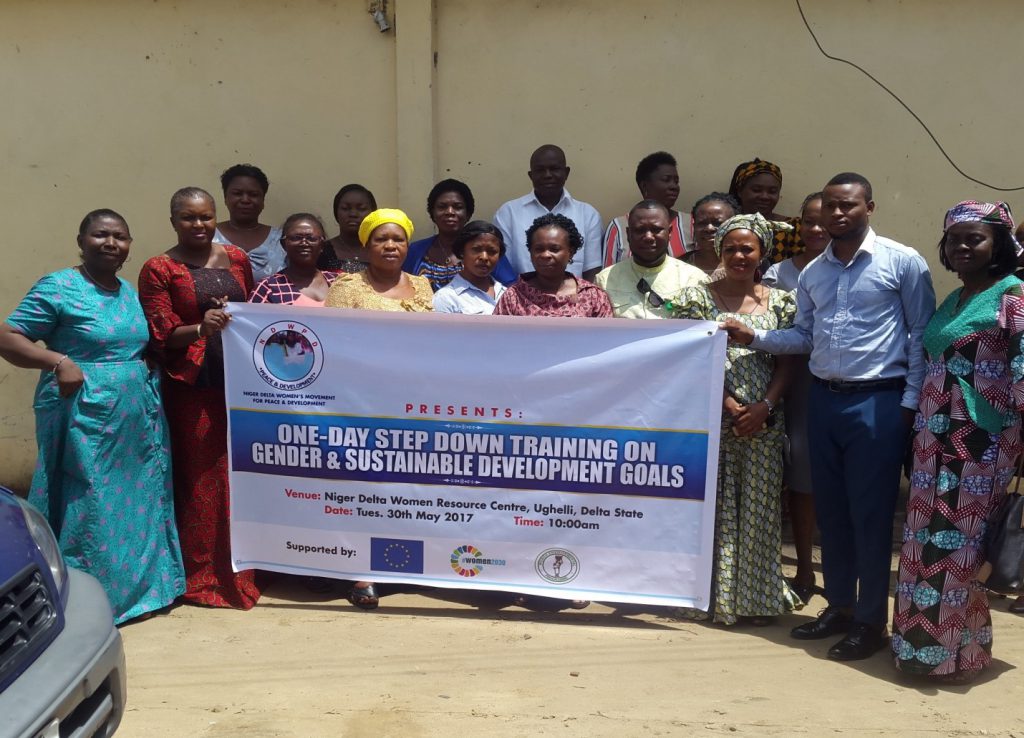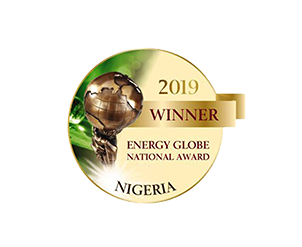
WEP TRAINS CSOs IN 10 STATES, CARRY OUT GENDER ASSESSMENT
In the first quarter of this year, Women Environmental Programme (WEP) convened a National Training of Civil Society Organizations (CSOs) drawn from different states of Nigeria on Gender and Sustainable Development Goals (SDGs), under her “Women CSOs Networking to Realize the SDGs, aka Women2030” project, supported by the European Union. The training equipped the CSOs with deeper knowledge of SDGs and gender. This knowledge is to be used by the CSOs to effectively monitor implementation of SDGs in the states, ensuring that gender issues are mainstreamed in programmes, policies and legislations driving the implementation of the SDGs.
To ensure more CSOs have deeper knowledge of SDGs and gender, WEP in the second quarter of this year supported the step-down of this training in 10 states of Nigeria: Lagos, Benue, FCT, Kano, Katsina, Delta, Yobe, Anambra, Plateau and Rivers. The step-down trainings reached over 150 CSOs in the 10 states.
This training was followed by a gender assessment in each of the states to ascertain the different needs of women, men, the aged and other vulnerable groups that may hinder the realization of the SDGs in those states.
The step-down trainings and the gender assessment were facilitated by our National Women2030 partners as follows:
Lagos: Center for 21st Century Issues and Echoes of Women in Africa – 25th May, 2017
Benue: Benue NGO Network, Kwande Sisters Foundation and Charles and Doorsurgh Abaagu Foundatio – 29th and 30th May, 2017
FCT: Fresh and Young Brains Development Initiative – 9th June, 2017.
Kano: Ziongate Empowerment Initiative – 25th May, 2017
Katsina: Murna Foundation – 23rd-24th May, 2017
Delta: Niger Delta Women’s Movement for Peace and Development – 30th – 31st May, 2017
Yobe: Women’s Rights Initiative – 8th June, 2017
Anambra: Gender Perspectives and Gender Development Center – 5th June, 2017
Plateau: Organized Centre for Empowerment and Advocacy in Nigeria (OCEAN) – 25th May, 2017.
The findings from these assessments will be used as advocacy tool to engage different organs of governments at the states to push for actions that will contribute to the realization of the SDGs.


